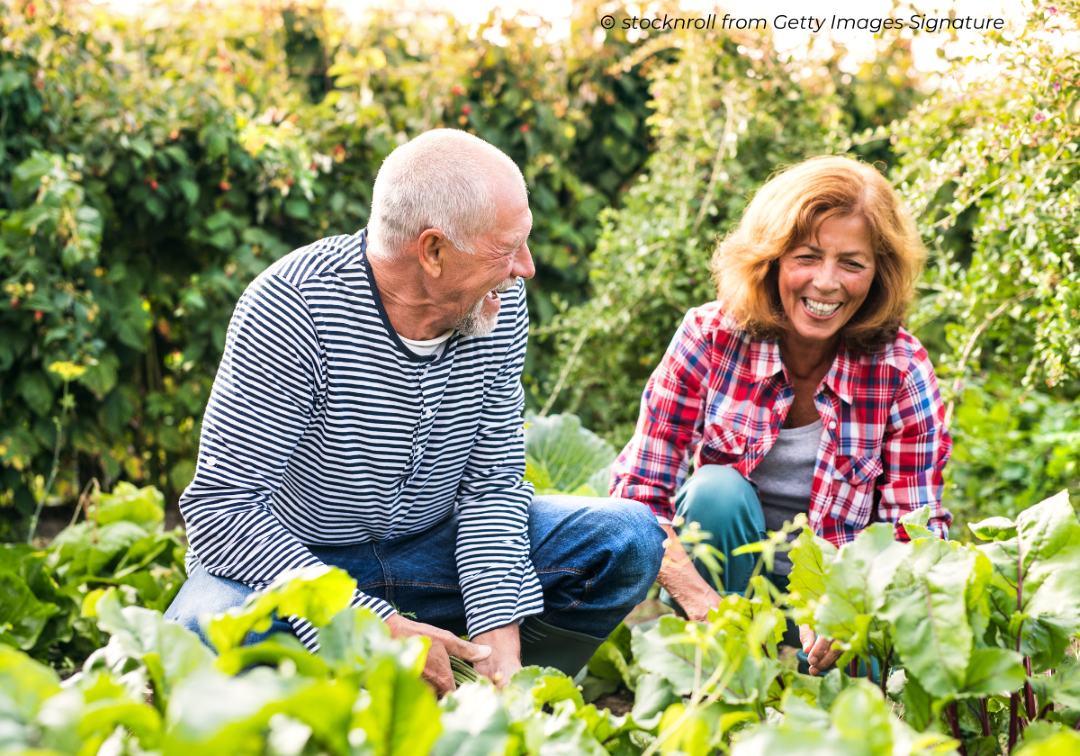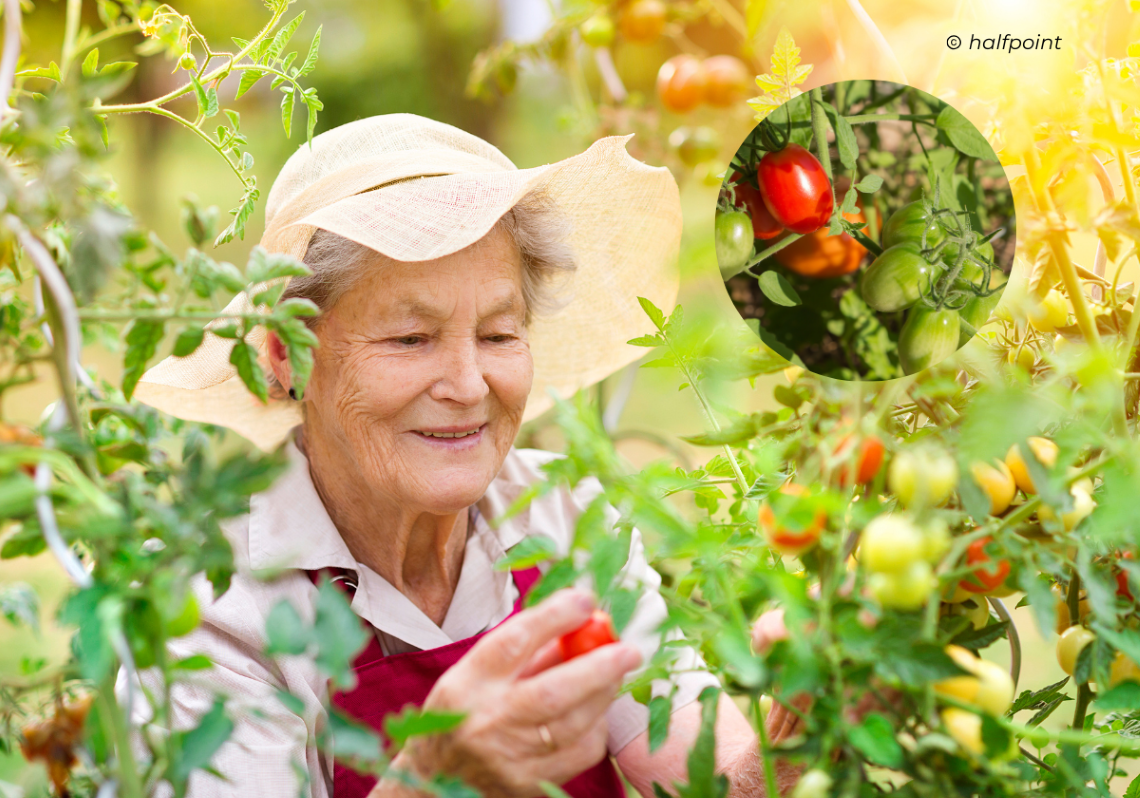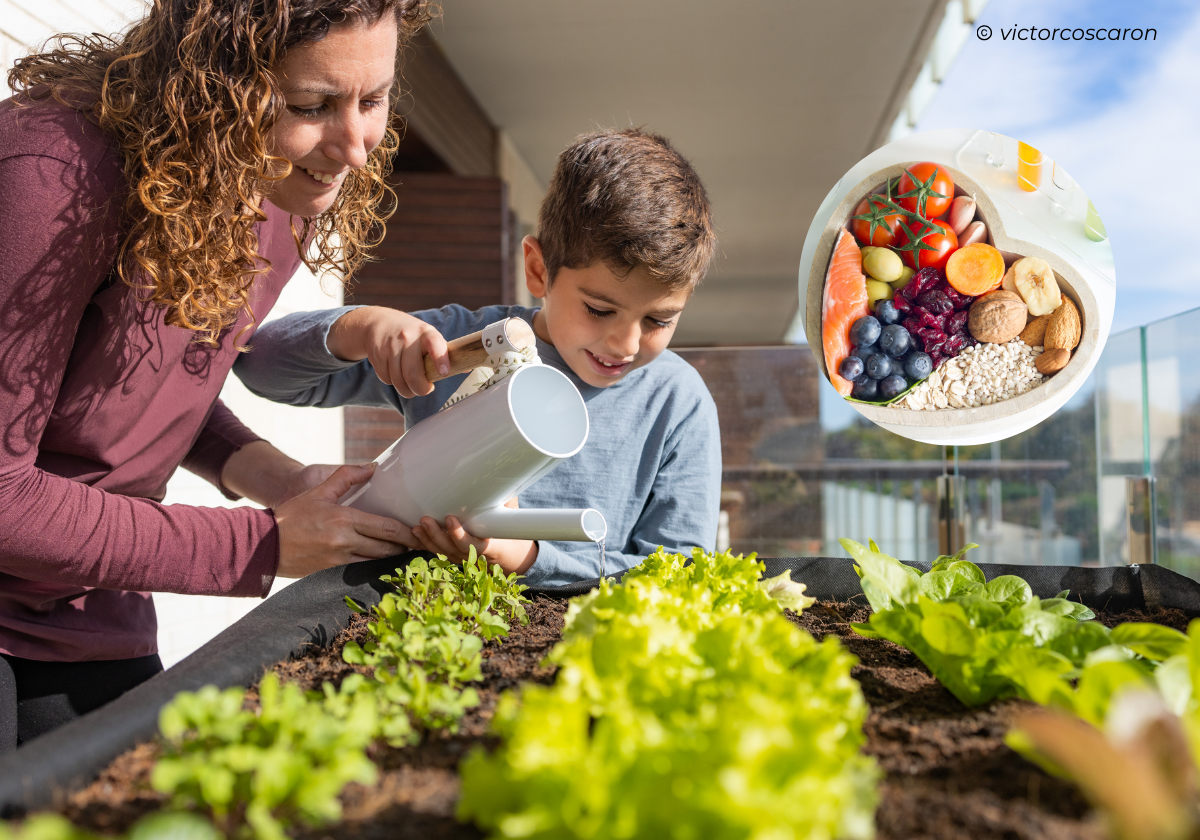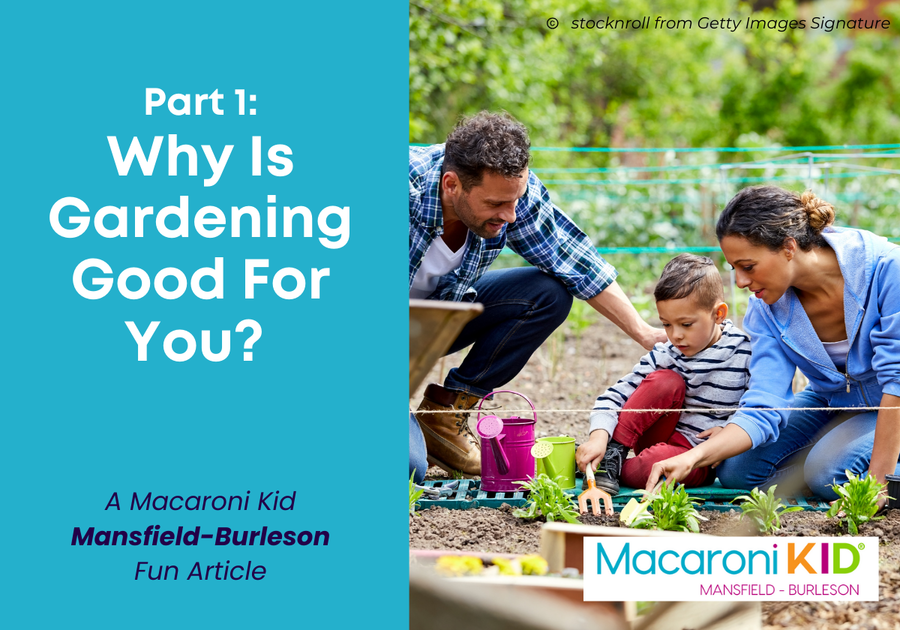Life often involves trade-offs: saving money on an old car might lead to expensive repairs, or working late might mean less personal time. However, gardening is a delightful exception. It offers numerous benefits without demanding much in return.
Gardening connects you with nature, provides fresh and nutritious produce, and can be done in large gardens or small containers on a windowsill. It's a win all around!
Bill Mollison, a pioneer of permaculture, famously said, “All the world’s problems can be solved in a garden.” Whether it's tackling food insecurity with local gardens, reducing pesticides with organic practices, or building community through shared gardens, the benefits are wide-ranging.
Historically, gardening has been a hobby, a career, and a means of survival. Today, especially during the COVID-19 pandemic, many people turned to gardening to relieve stress, improve their mood, stay active, and connect with neighbors. The benefits are so significant that some doctors now prescribe gardening to improve mental health.
What makes gardening so good for you? Let's look at three main areas: physical health, mental health, and social well-being. For this article, we’ll begin with physical health.
Exercise and Activity
 |
Gardening is a fantastic way to get moving, offering moderate exercise that can boost your fitness and activity levels. Activities like bending, digging, hoeing, raking, and weeding engage various muscle groups, strengthen your core, and improve agility and flexibility. Think of it as yoga with moves like "pulling carrot" and "reaching for the cherry tomato."
For most people, gardening is a low-risk physical activity. The diverse movements reduce the likelihood of repetitive stress injuries common in exercises like running. Plus, you're not at risk of collisions or tackles, making it safer than many sports.
That said, it's still possible to get hurt if you're not careful. Using bare hands to weed thistles or blackberries can lead to painful scratches. Taking a moment to grab proper tools is worth avoiding hours of discomfort.
Since 2019, Great Britain's National Health Service has recommended gardening for health benefits, and the US Department of Health and Human Services mentions gardening favorably in their Physical Activity Guidelines. Gardening is noted as a "multicomponent activity" that can enhance physical functioning and reduce fall risks. "Heavy gardening," involving tasks like shoveling and wheelbarrowing, is considered strength training, which boosts bone density and muscle strength.
Gardening at a moderate pace also serves as cardio exercise. According to the US Centers for Disease Control, a person weighing 154 pounds can burn up to 330 calories per hour while gardening.
Nutritional Gains from Gardening
 |
One of the best health benefits of gardening is improved nutrition. As Ron Finley, the "Gangsta Gardener," says, "If kids grow kale, kids eat kale." Growing your own food increases the likelihood of including fruits and vegetables in your diet. Homegrown produce is often fresher and of higher quality than store-bought, offering better nutritional content and fewer pesticides.
Gardening can also enhance your diet if you're facing food insecurity. Having a local garden ensures access to healthy food and supplements what you can buy. Additionally, gardening provides a chance to soak up vitamin D from the sun, which is essential for bone health and a strong immune system. Just remember to enjoy the sun mindfully to avoid overexposure.
Gardening for Disease Prevention
 |
The health benefits of gardening are supported by real-life outcomes. A 2023 study of nearly 150,000 US adults aged 65 and older found that gardeners had better cardiovascular health, lower risk of type 2 diabetes, and were 60% less likely to die over a 10-year period.
Beyond cardiometabolic health, gardening exposes you to diverse microbiota in the soil, enhancing your skin and gut microbiome. This microbial diversity can boost your immune system and help prevent chronic diseases.



